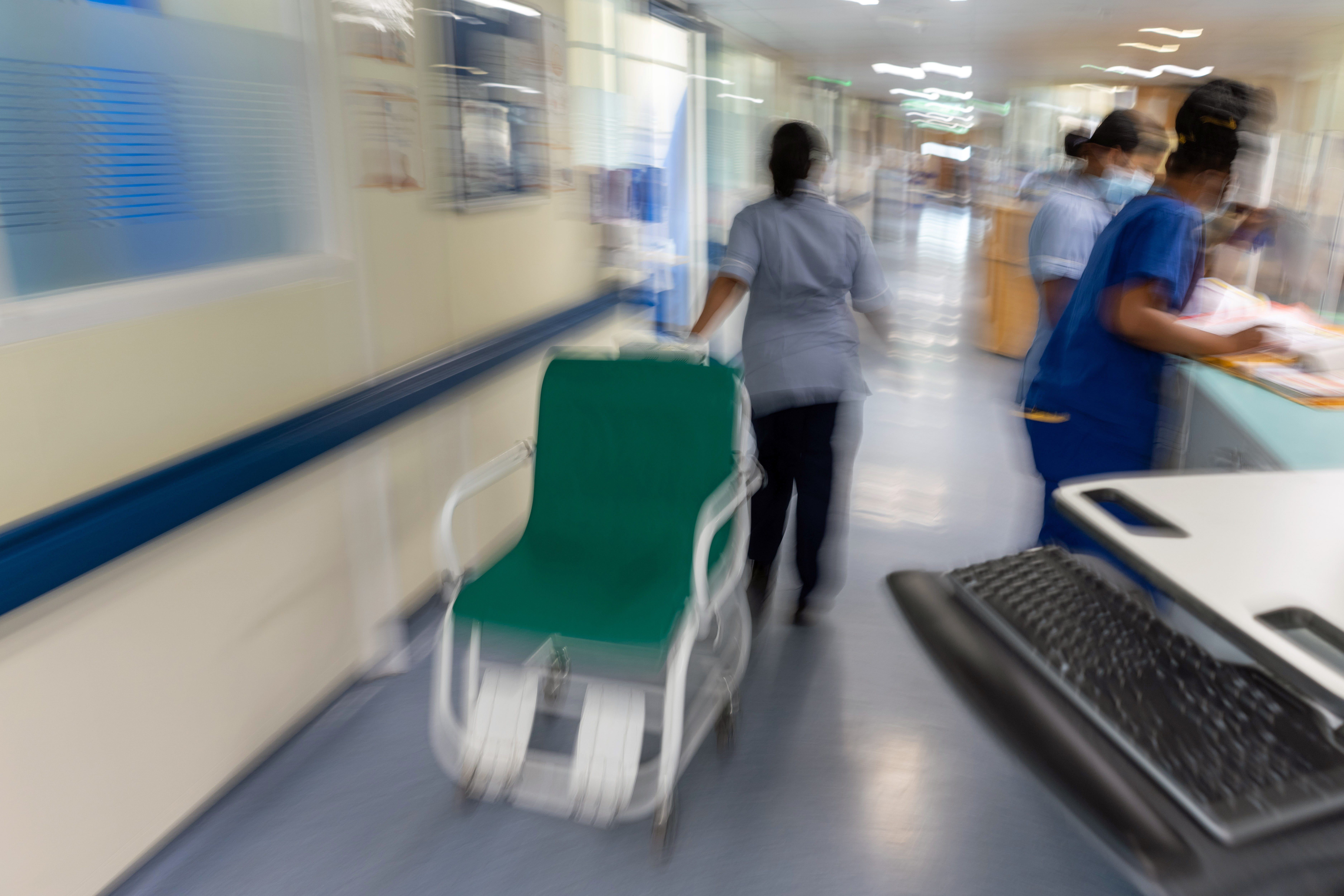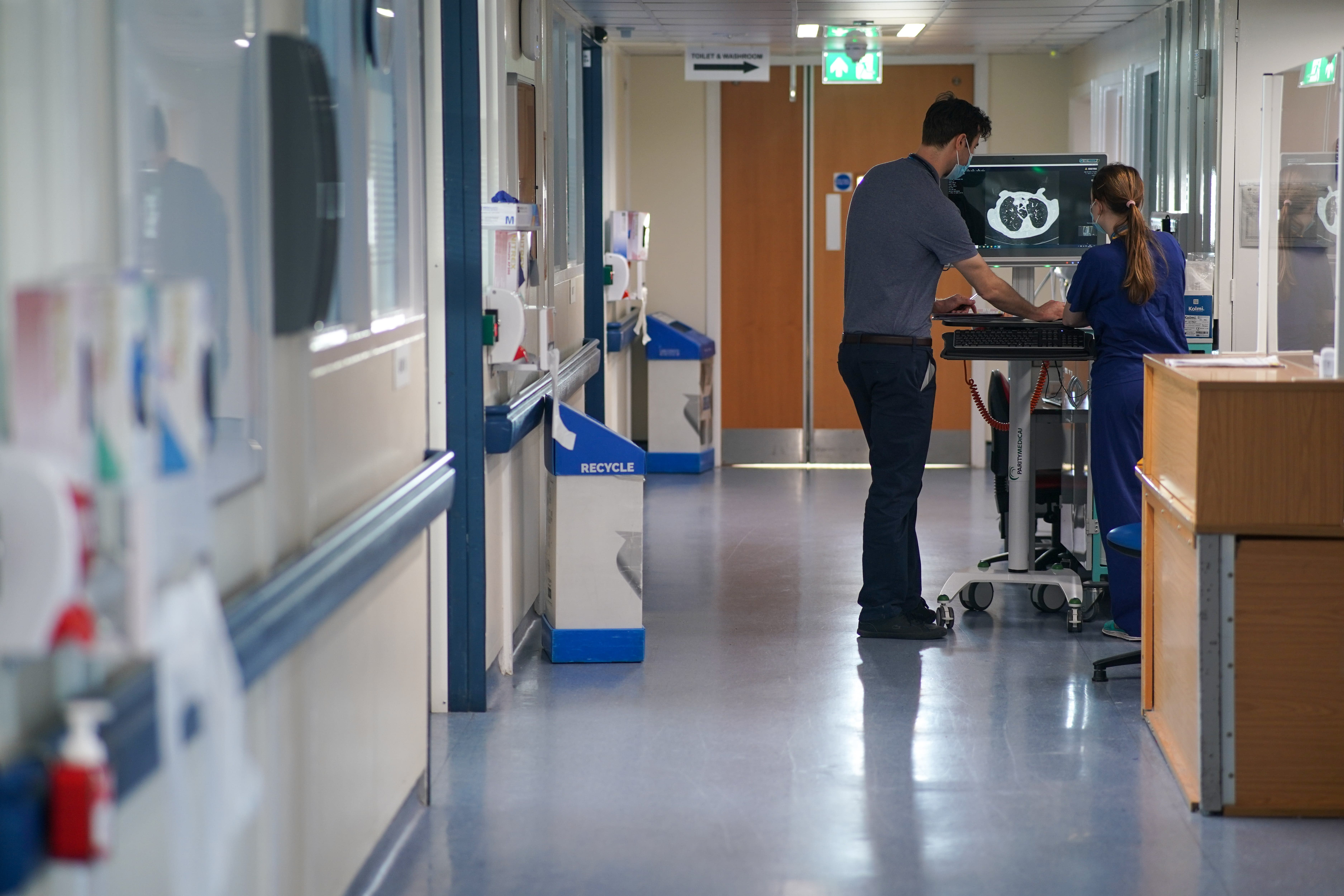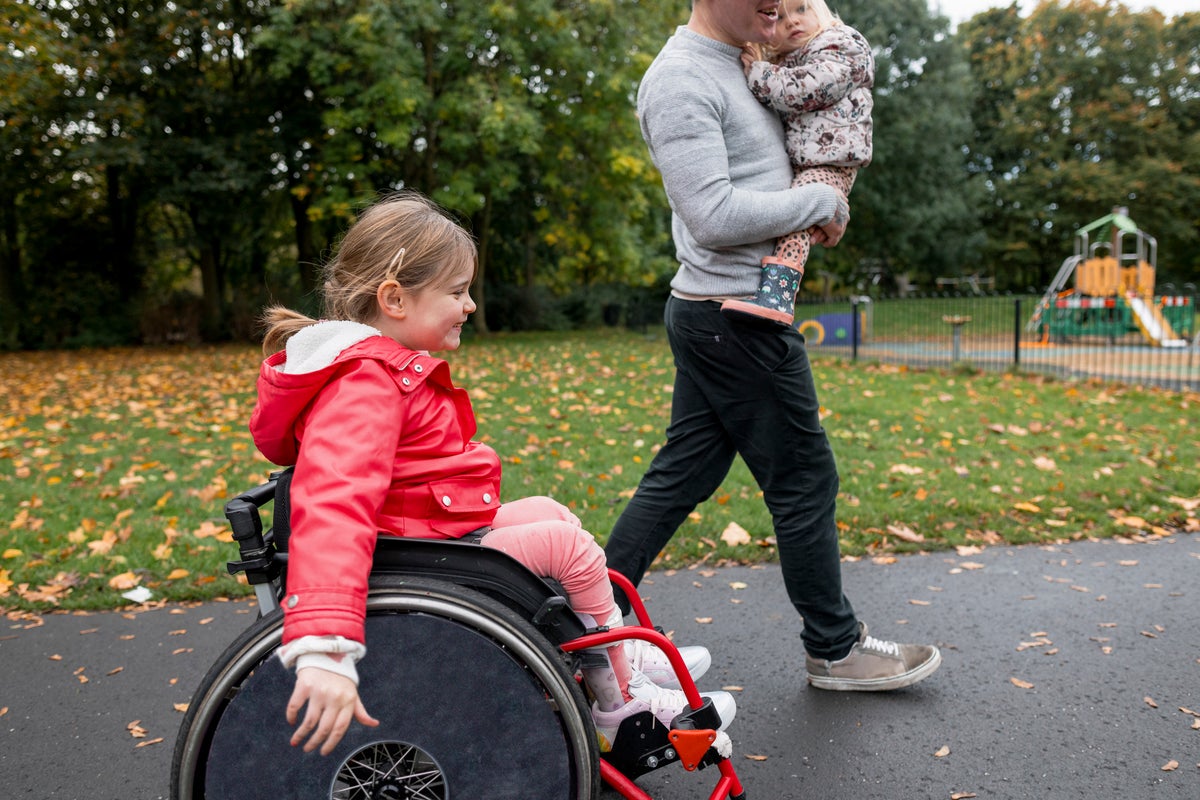The National Health Service is currently undertaking “war game” exercises to bolster its readiness for the upcoming winter period, officials have confirmed.
This proactive approach comes as the health service anticipates “another pressured winter,” with projections suggesting 2025 could see record demand for A&E departments and ambulance services.
Winter traditionally presents a significant challenge for the NHS, marked by a surge in Covid-19, flu, and other respiratory illnesses.
Previous winters have been characterised by extensive A&E waiting times, an increase in patients receiving care in corridors, and ambulances queuing outside hospitals.
NHS England has announced a comprehensive ramp-up of its preparedness efforts throughout September.
Local leaders are rigorously testing the resilience of their plans through various scenario exercises, including managing staffing shortages, responding to rapid increases in demand, and handling multiple virus outbreaks.
Furthermore, local health teams are actively addressing delayed discharges – where patients are medically fit but lack appropriate care at home – to ensure discharge capacity can be rapidly scaled up during peak demand.

Local health organisations are asking for special attention to patients considered most vulnerable to winter viruses and hospital admissions, including ensuring they have received the appropriate vaccinations.
New vaccination campaigns will try to encourage people to take up the offer of vaccinations such as flu jabs, to try to prevent people from getting ill in the first place.
NHS leaders said there will be “easier access to rescue medicine” such as Tamiflu to help prevent symptoms from getting worse among people who are at high risk of complications.
Sir Jim Mackey, chief executive of NHS England, said: “Despite record demand this year NHS teams have worked hard to improve waiting times, with last month’s Category 2 ambulance response times the fastest for four years – but we know the coming colder months will be much more challenging.
“The NHS has done more preparation to be ready for the winter months than ever before, because we know the last few winters have been particularly tough for patients and staff, and we are determined for this year to be better.”
Health and Social Care Secretary Wes Streeting said: “Winter is always tough for the NHS, but this year we’re ramping up preparations and doing more to protect the country. From ‘war game’ exercises to extra checks for the most vulnerable, we’re making sure the health service is ready for whatever comes its way.
“But the public has a crucial role too. The single best way you can protect yourself, your family, and the NHS is by getting vaccinated. It takes pressure off hardworking staff and helps ensure care is there for patients when they need it most.
“By preparing together – Government, NHS staff and the public – we can give the health service the best chance to weather the winter ahead.”

Leading emergency care doctors called for the results of the NHS stress tests to be published so their effectiveness can be examined “before it is too late”.
Royal College of Emergency Medicine president, Dr Ian Higginson, said: “It will be interesting to see what these planned tests actually are, what they will measure, and what they will evidence that we don’t know already, but most importantly whether they will actually improve anything.
“The results of the tests must be published, so their effectiveness and impact can be determined and any winter plans amended accordingly before it is too late.
“We and our members are deeply concerned about the overall state of urgent and emergency care as we head into what is looking likely to be another tricky winter.
“We must see a thorough, evidence-based and data-driven plan for the coming months which translates to improvements in our departments and for our patients.
“Without action, not just paper exercises, ill and vulnerable people will continue to be stuck on trolleys in corridors, with all the awful consequences that result.”




